
By Lynne Houghton
This is a feature from Issue 6 of Charitable Traveller. Click to read more from this issue.
Time Machine
This isolated archipelago, located 160 miles north of the Outer Hebrides, is of Danish sovereignty but teeters on the very edge of Europe, and seemingly in the past. Dotted amongst its rugged yet verdant landscapes are old-fashioned fishing huts, tiny villages of grass-roofed houses and isolated, rustic and ancient farms.
The Atlantic Ocean dominates the islands’ weather patterns which are in equal parts soggy and misty, with storm-tossed seas creating a dramatic backdrop. The sea-carved cliffs are full of migrating and indigenous birds while inland, rivers and waterfalls criss-cross meadows and plateaus. Those who live here mostly eke out a living from the rock or the sea.
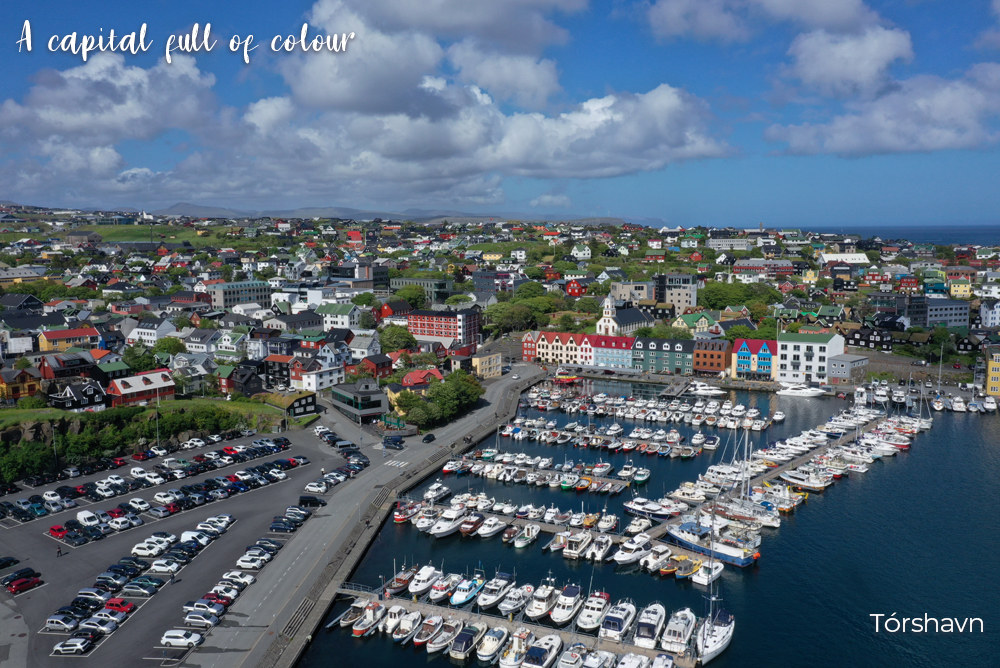
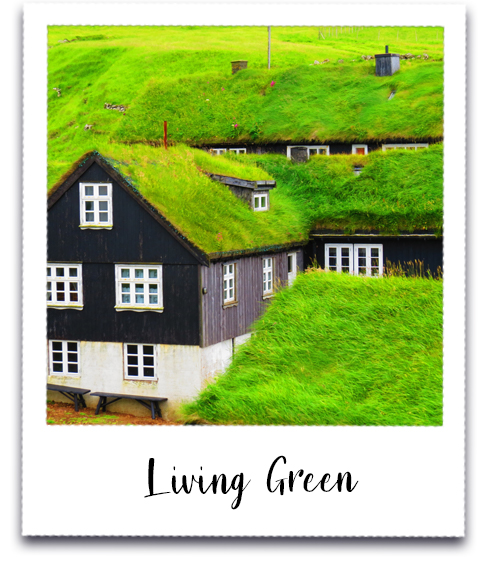
Sheep are everywhere. But this is good news for Gudrun and Gudrun, a trendy, high-end clothing company based in the Faroese capital, Tórshavn. The name of the shop is also the name of the two women who own it and sell locally knitted wool clothing and accessories – the ultimate in slow fashion. The company also subcontracts knitting to a woman’s co-operative in Jordan, helping women there to live independently from a remote village.
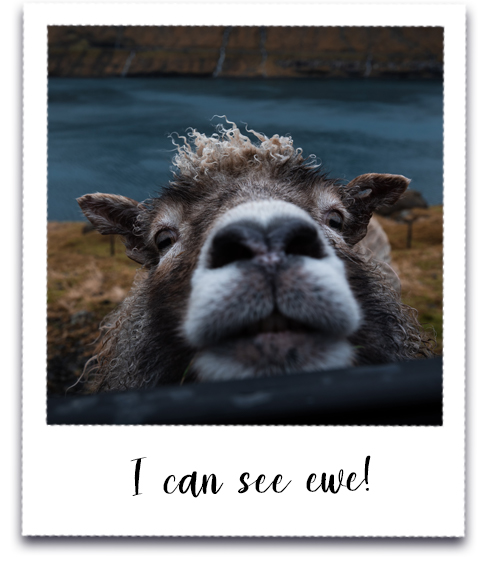
Make sure you photograph Mulafossur waterfall, a dramatic sheer drop from the cliff-top to the sea

Hard times
Perhaps it is the islands’ isolation which has created survival methods inconsistent with modern times. Before the hillsides were full of grazing sheep, inhabitants relied on fishing and whaling for food as well as oil, and used whalebone for construction and tools. The Faroese still hunt pilot whales, herding them by boat into bays for slaughter. Known as the Grind (pronounced ‘grint’) an entire pod of whales can meet their demise in one afternoon. The carcasses are shared by the islanders so nothing goes to waste.
Will the Faroese give up the grind? When I ask if they are concerned about the ire this practice creates, they shrug and say it’s no different than their European neighbours slaughtering cattle.
Eat at KOKS restaurant to sample exquisite Faroese cuisine like fermented lamb and kelp broth
This is a feature from Issue 6 of Charitable Traveller. Click to read more from this issue.


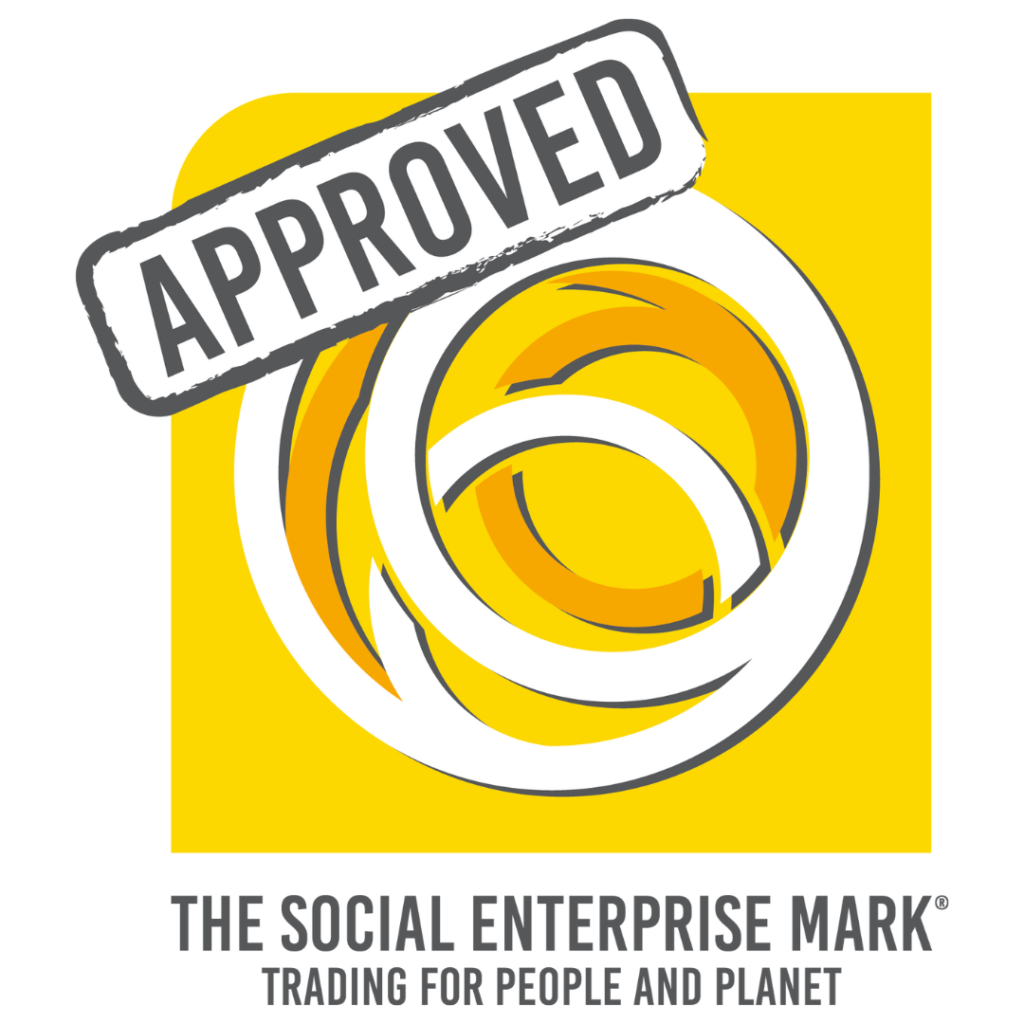



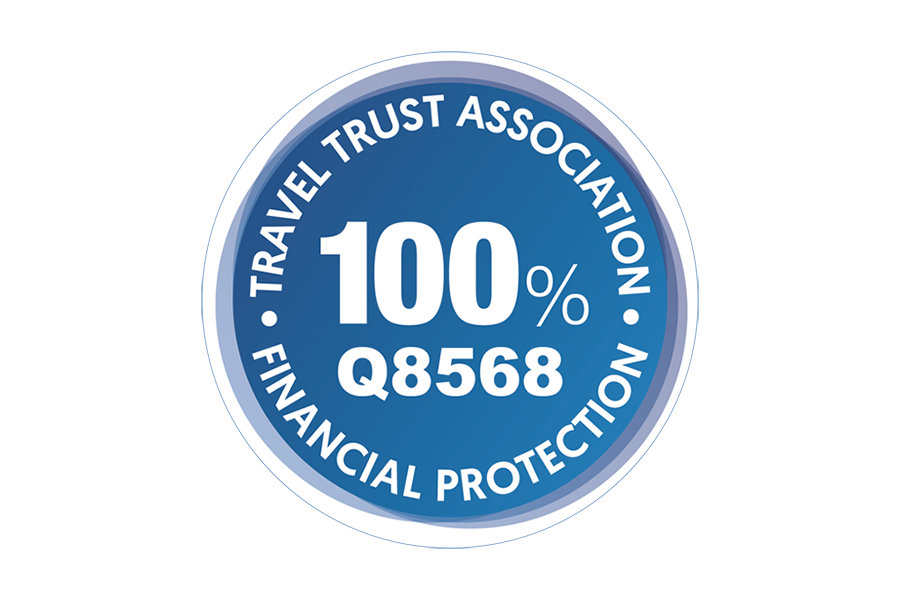
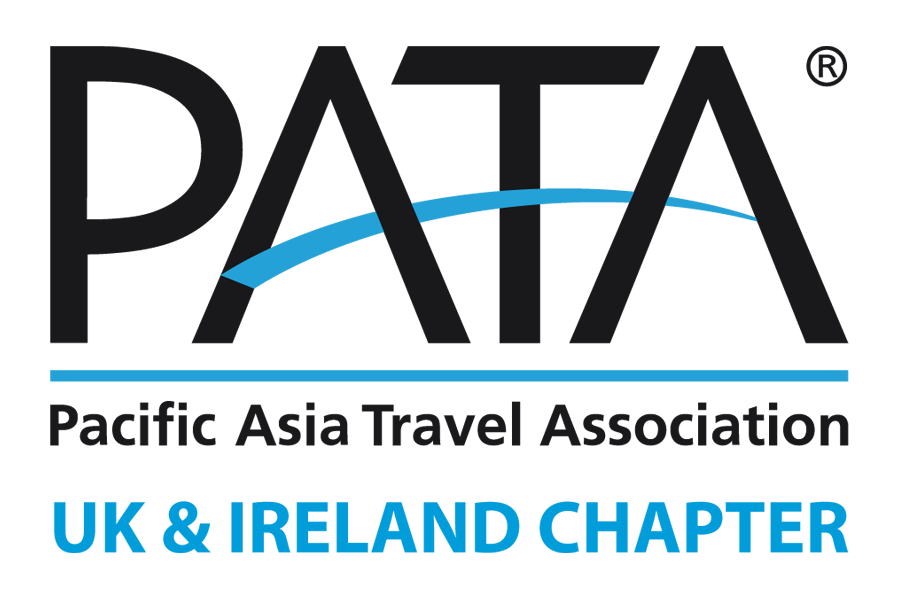
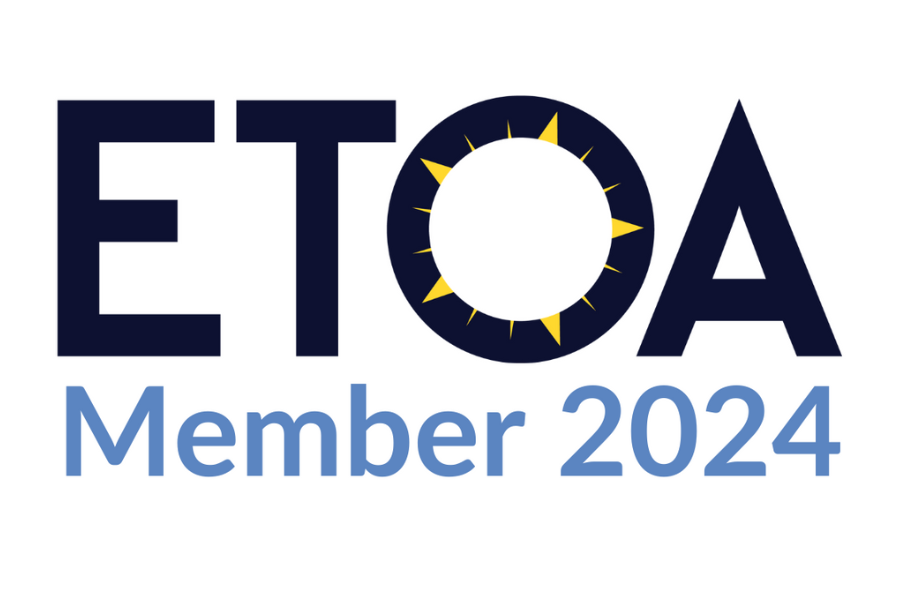
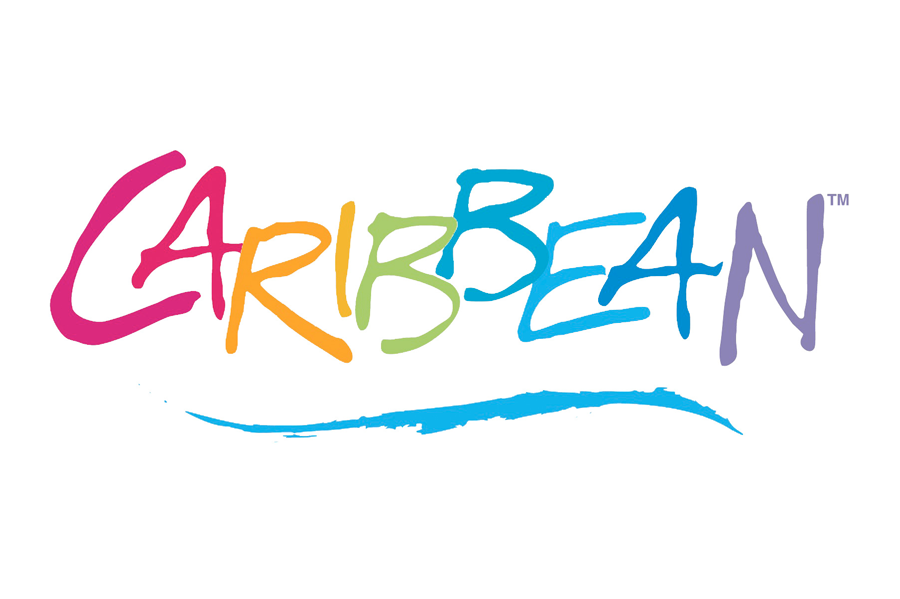
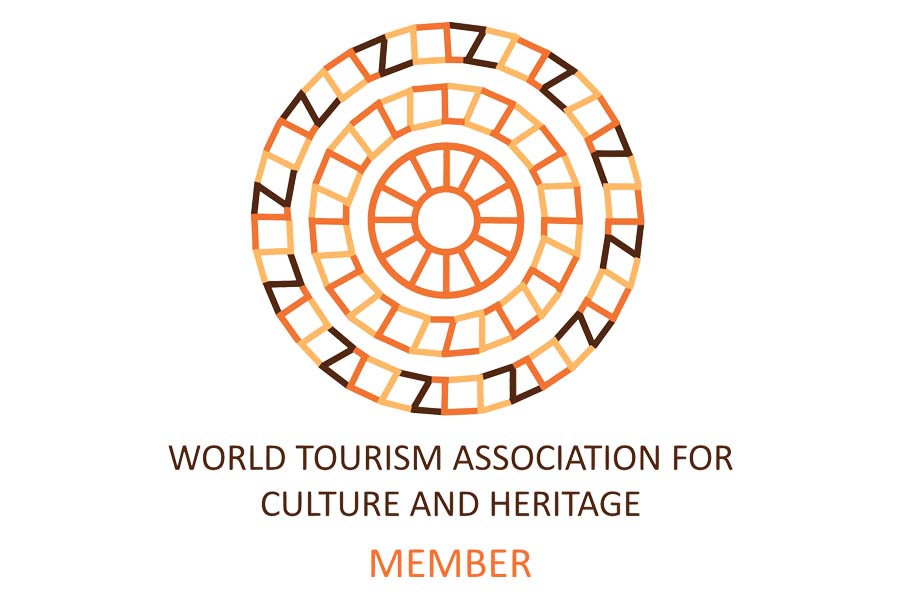
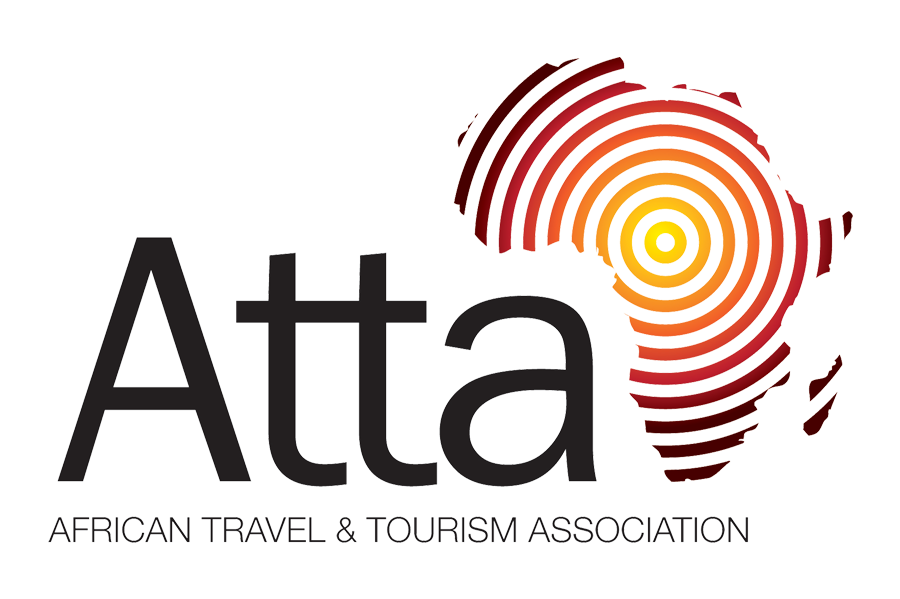

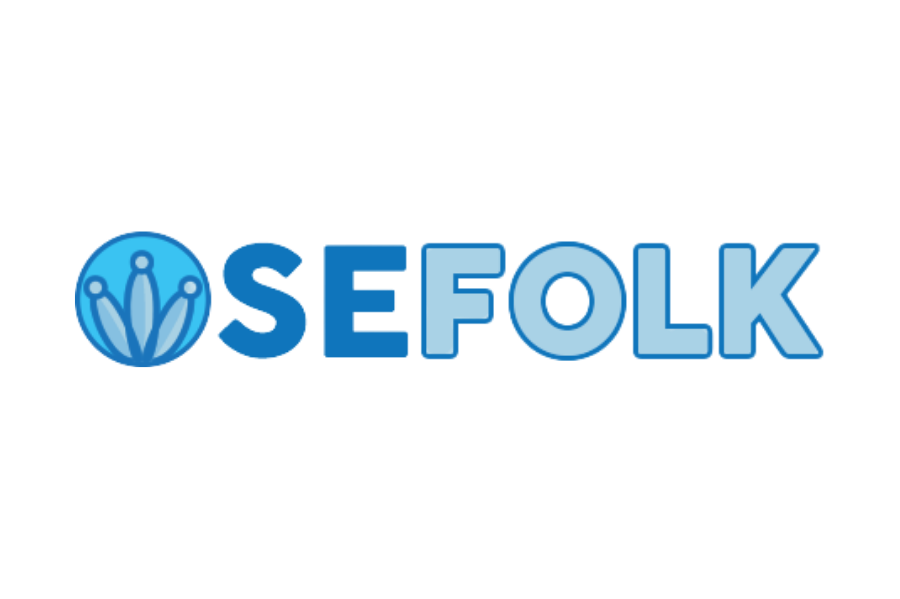

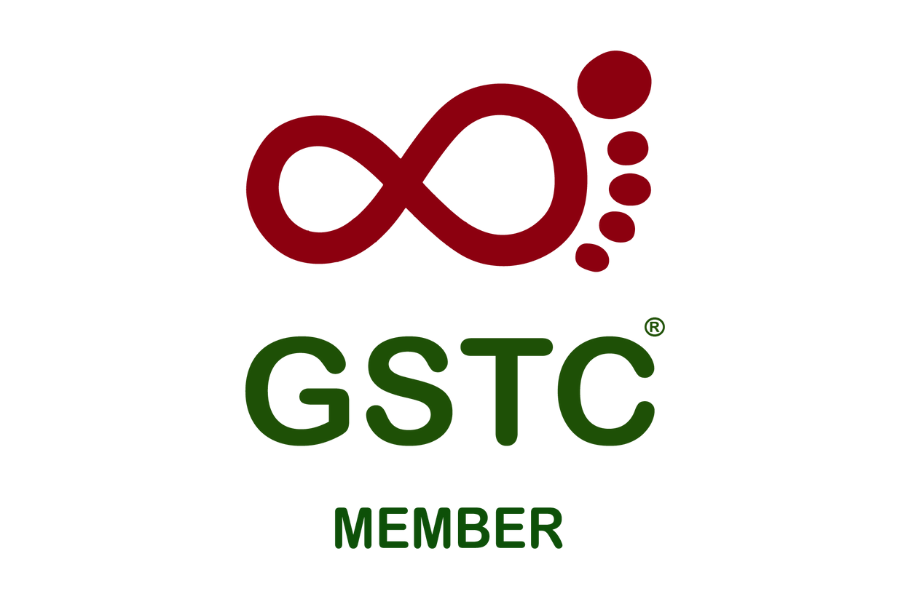

 by net effect
by net effect